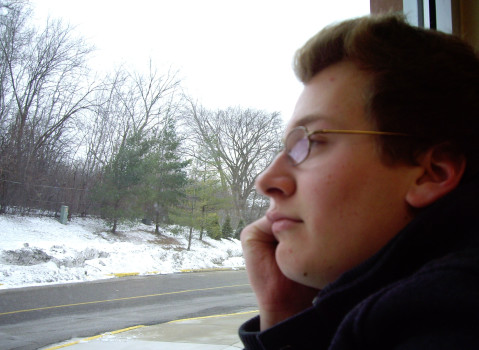Feeling depressed, lethargic, unable or unwilling to concentrate? Notice that the feeling has started to come around now that the sun sets before 5 PM and snow seems to have become a permanent fixture outside? A lot of people may dismiss this phenomenon simply as the “winter blues,” but for many people such a mood change is part of a more significant medical issue: Seasonal affective disorder, which tends to strike most frequently in cold, dreary wintertime.
I can’t help but feel, however, that what is in fact a serious mental health issue is undermined by its unintentionally humorous acronym: SAD. Skimming over information on the subject without knowing much about it may lead to the understandable conclusion that this disorder is just a bunch of gloomy, sad people, with an extra dose of CAPS LOCK to get the point across. Medical articles about seasonal affective disorder are ripe with comedic potential, labeling sufferers as “SAD patients” (a step up in intensity from someone who is simply sad, no doubt) and featuring questions and statements like “Do you have SAD?” and “One in five suffers from SAD” which, when read aloud as “sad,” provoke grammatical hilarity.
You would think that medical professionals would have the common sense to come up with an acronym that isn’t as degrading to the condition. I can almost imagine some psychiatrist smiling gleefully as he realized how clever he was: “Hmm, they become saddened… sad… SAD… Seasonal Affective Disorder… Aha!” Might I suggest something like, oh, “Wintertime Amiability Hinderer,” shortened to WAH? On second thought, that’s not much better… but I’m not the one getting paid to do it. It’s almost reminiscent of whoever cruelly came up with the term ‘lisp,’ a word that people who actually do have a lisp cannot pronounce. Maybe the entire medical establishment just needs to grow up before all of this SADness starts to get out of control.































